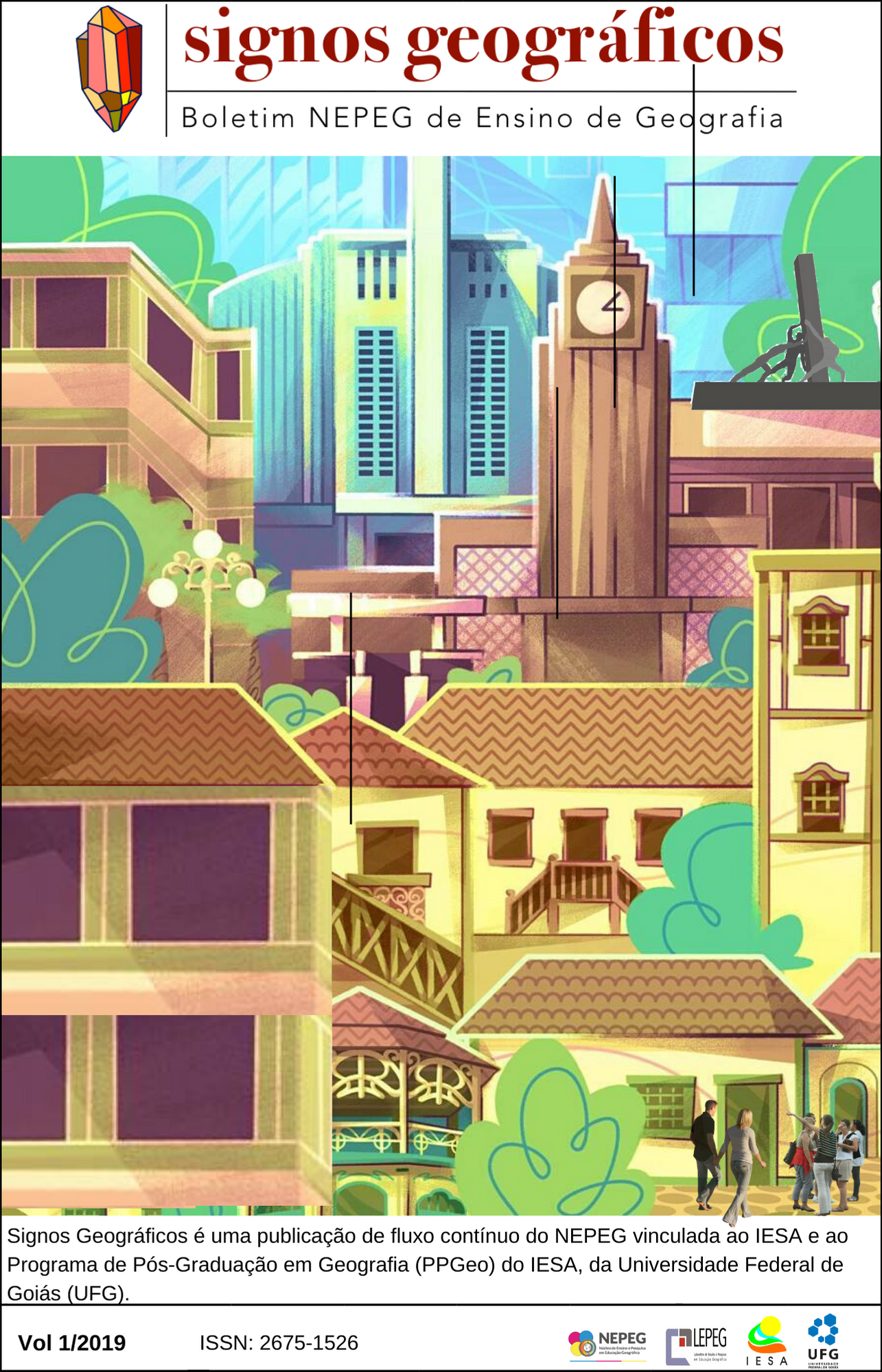WHO IS HIGH SCHOOL REFORM FOR?
Keywords:
Common National Curriculum Base, High School, Reform, Geography, BrazilAbstract
In Brazil, a new High School was instituted by Law No. 13,415 of 2017. In addition to the establishment of full-time schools, the measure makes substantial changes to Law No. 9,394 / 1996, which establishes the National Education Guidelines and Bases (LDBEN, in Portuguese), mainly in the organization and curricular structure of this phase of Basic Education. Target of criticism and discussion in various spheres, particularly in education, the issue has become an object of study of this work, which seeks to understand for whom this reform is useful, given its tidiness and arbitrariness, especially considering the optional offer of certain subjects, such as Geography, along the course. The discussion undertaken based on documentary analysis shows that the reform weakens and destabilizes the education in high school, precludes the full fulfillment of the formative purposes of this stage, devalues the quality of schooling and meets purely economic demands, especially those related to capitalist expansion via the commodification/ entrepreneurship of public education or the strengthening of the private sector. It is noteworthy that the broad teaching of Geography makes it possible to understand the contradictions and complexities intrinsic to reality, considering that geographic space is a constitutive dimension of reality. Thus, the restriction and control on access to geographical knowledge imposed by the reform will lead to intellectual losses and eventually damage to the human and citizen formation of the student, like the emptying of critical thinking and knowledge of the social and political reality of place and the world.








